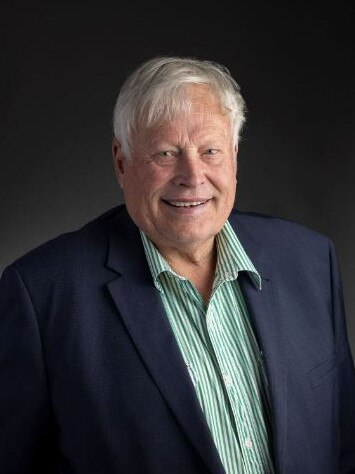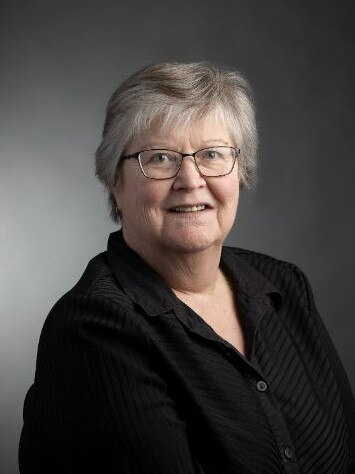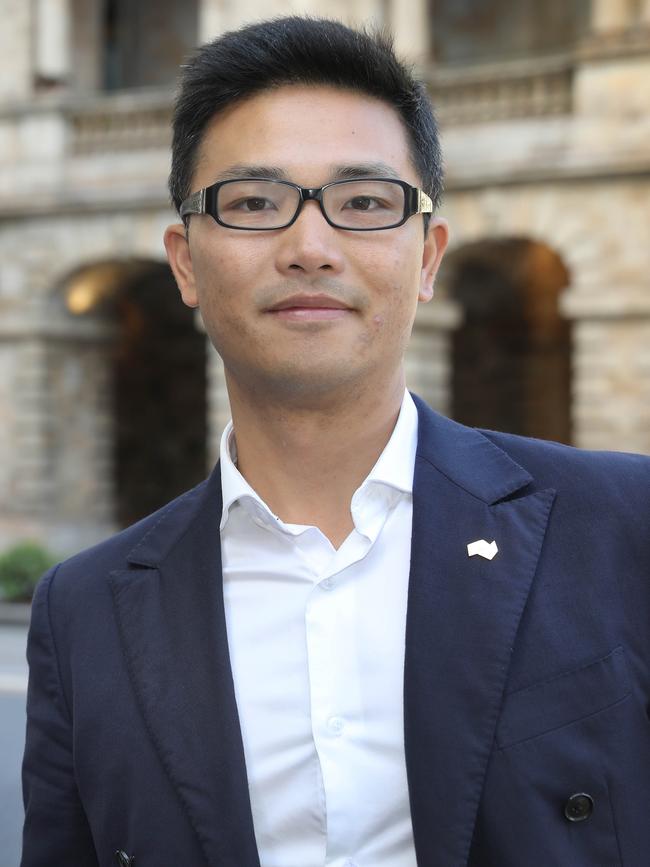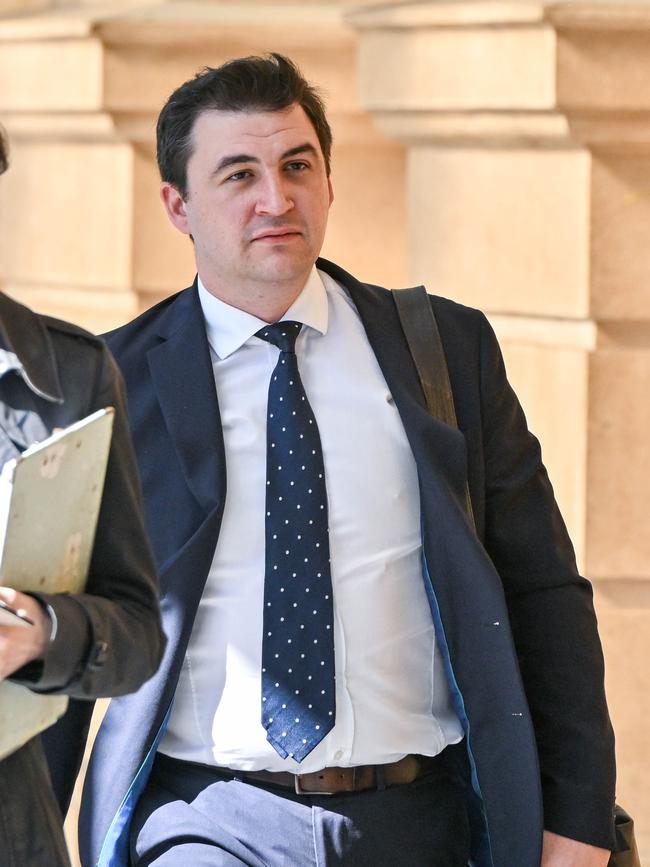Adelaide Plains councillors Eddie Stubing, Terry-Anne Keen kicked out over election errors
The pair lost their seats on a South Australian council after a city council stoush over election results spilled out of the city.
SA News
Don't miss out on the headlines from SA News. Followed categories will be added to My News.
Two Adelaide Plains councillors will be stood down after human error led to the declaration of an incorrect election result by the Electoral Commission of South Australia.
In preparation for a court challenge involving unsuccessful Adelaide City Council candidate Alexander Hyde, ECSA reviewed results for the 2022 local government elections and discovered the error.
“This issue has regrettably changed the outcome of the election in Adelaide Plains Council area, with two candidates incorrectly declared as elected members,” ECSA said in a statement.
Adelaide Plains Council has been notified of the error, and is working with affected councillors and candidates to resolve the issue “as a matter of urgency”.
The Electoral Commissioner will ask the Court of Disputed Returns to correct the results of the election as soon as possible to ensure the results “reflect the will of the voters”.
Councillors Terry-Anne Keen and Eddie Stubing were wrongly elected instead of Mel Lawrence and Brian Parker, who were the rightful winners.


Acting Mayor Marcus Strudwicke said the news was disappointing.
“I am quite shocked that an error can occur in the systems we rely on for delivering fair and trusted outcomes of council elections,” he said.
“I feel for the two current councillors, both of whom are passionate supporters of our community.
“It is important that the ECSA now resolve this matter expeditiously, to provide certainty to council and its community this serious system failure does not adversely affect the smooth functioning of the council.”
For council elections with a large number of candidates and multiple vacancies, ECSA uses computer software to count the votes. The software was used to count the votes in 25 of the 184 elections.
In this case, human error was detected in the data input into the software.
The mistake resulted in the incorrect number of ballot papers being distributed from elected council candidates.
The other 24 councils have had their counts reviewed and no other results were affected.
Opposition local government spokesman Sam Telfer said the “astonishing admission” of error undermined the democratic processes followed in the election.
“I have been constantly asking (Local Government) Minister Geoff Brock to be proactive on holding ECSA to account on their processes but he has repeatedly brushed off any responsibility,” he said.
“The Commissioner has failed in his responsibilities, and we are now a year past a council election with no formal election review and Minister Geoff Brock doesn’t have a clue what is going on.”
But Mr Brock said the Electoral Commissioner operates independently.
“It is deeply disappointing that Mr Telfer, after 18 months as a shadow minister, still has no idea about the Electoral Commissioner’s role as an independent statutory officer,” he said.
“While this error is unacceptable, I have confidence in the Commissioner to manage this issue appropriately and deliver the correct outcome as quickly as possible.”
Outside court on Thursday, Mr Hyde said the Commission’s statement “raises deep concerns about the administration of elections in SA”.
“Worse still, it seems to have only been inadvertently discovered as a result of my petition in the Court of Disputed Returns,” he said.
“This will further degrade faith in our democratic institutions at a time when the public’s trust is desperately needed.”
Under state law, any petition to the Court of Disputed Returns must be filed within 28 days of the contested election.
In documents tendered in Mr Hyde’s case, the Commission explains the inner workings of both council elections and the EzyCount software.
They state that, once a candidate has reached the required quota of votes to secure election, the remainder of their votes are distributed to others through preferences.
Those preference votes are assigned a proportional value, however, based on the total number of ballots cast and are therefore not worth one vote each.


The documents state that, in the election between Mr Li and Mr Hyde, “an error was detected” – not at the time of the count but on Tuesday this week, 13 months after the vote.
“A check box within the system had been selected which resulted in the incorrect number of ballot papers being distributed from elected candidates once they had met quota,” they state.
As a result, Mr Li defeated Mr Hyde by 31 votes when the actual margin was 24.
Mr Hyde has alleged in court that Mr Li defeated him only because of “illegal practices” and those of his supporters that were captured in photos and covert recordings.
Mr Li, who has not been charged with any criminal offence, has denied the allegations and labelled Mr Hyde’s bid to overturn the vote “speculative and embarrassing”.
On Wednesday, the court heard the software entrusted with tallying the result had malfunctioned, wrongly inflating the margin between Mr Li and Mr Hyde.
That error was only discovered on Tuesday, the court heard, and may also affect other council election results around the state.



